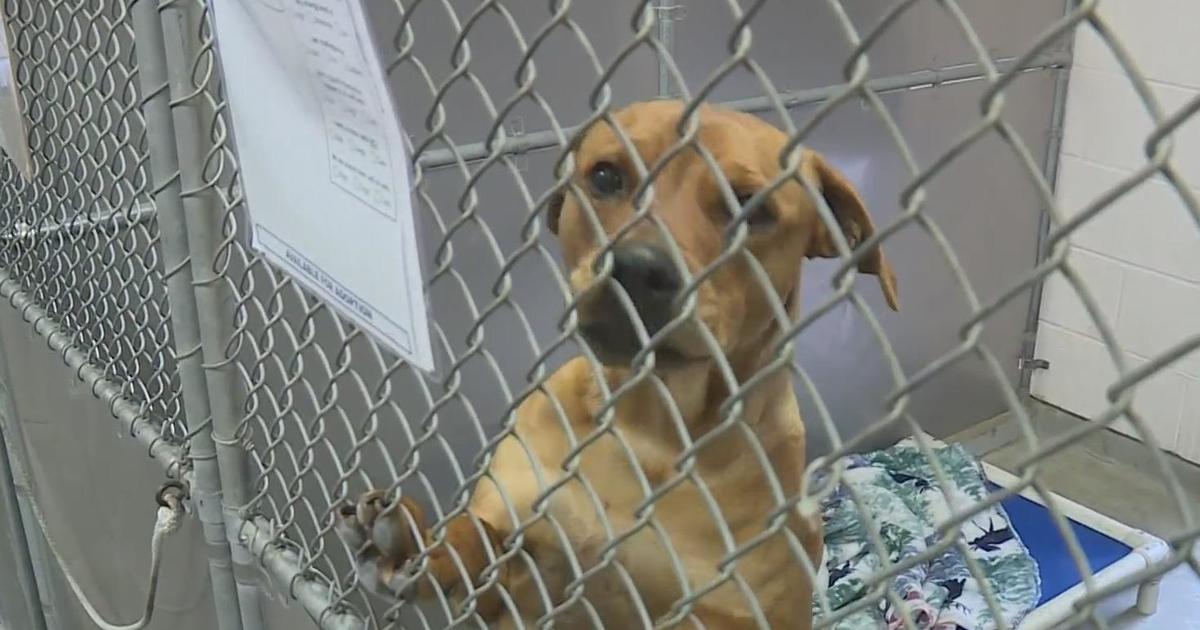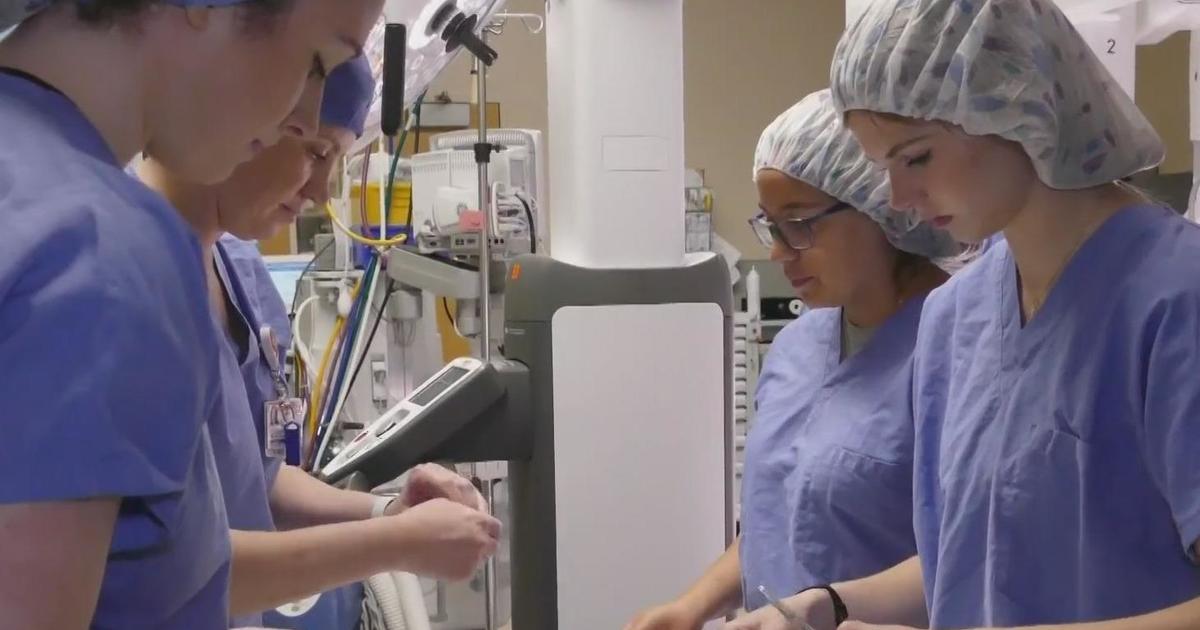How To Curtail Rising Costs Of Pet Care
No doubt there are enormous benefits to owning a pet, but the care needed to keep your pet healthy can also come with a hefty price tag and leave an indelible mark on your wallet. According to the ASPCA, owning a dog or cat can cost up to $1,000 in the first year, and for many people, much more. Fear not, however. The good news is that you can cut your pet care expenses without compromising your pet's health and wellness. The following tips will help you save money on pet care for your dog or cat:
1. Don't skip the vet.
If you're trying to save money, it might be tempting to decrease vet visits. But, according to Julie Ciarmella of the American Veterinary Medicine Association, "an investment in preventative healthcare can reduce your long-term pet healthcare costs." Why? Like humans, regular check-ups can prevent expensive complications down the road.
2. Get by with a little help from your friends.
Dog-walking, pet-sitting, and kennel services can be one of the most expensive parts of owning a pet. Save some green by taking the "you scratch my dog's belly and I'll scratch your cat's back" approach, and tap into a network of other pet owners in your area. Neighborhood dog parks are a great place to meet likeminded pet lovers; or you could try good old-fashioned advertising.
3. Choose high-value pet products that give you more bang for your buck.
Grabbing the cheapest product can feel like a thrifty move, but you may be surprised by the impact "cheap" products can have on your budget. For example, cheaper clay cat litter tends to have to be changed more often, so cat owners go through bag after bag at a much faster rate. http://www.worldsbestcatlitter.com/"World's Best Cat Litter is an alternative that harnesses the concentrated power of corn for long-lasting performance. You'll use a little less litter, replace it less often and save money for your efforts. At the end of the day, what your pet needs most is love. Keep things simple and invest in high-value products where it matters, and you'll be on your way to a pet care budget that works for you and your pet.
Pet Medications
Pets bring a lot of happiness into our lives. In return, we need to be very responsible and committed to their health and happiness. A pet requires vaccinations, supplements, emergency medication, flea preventives, de-worming, heartworm prevention, and more. All of us would like to see our pets with healthy skin, shining eyes and good teeth.
If you are buying medicines online or by mail order, get the animal checked by a vet. Dosage will be fixed according to the size and needs of the pet and some tests must be done. After administering the medicine, watch out for side effects. Regular follow-ups with the veterinarian will help in dosage adjustment, if required.
Medicines, if given incorrectly, can be harmful.So do not administer medicine without advice. For example, precautionary heartworm medicines cannot be given to a dog with active heartworm infection. Many medicines should only be kept at specified temperatures, or else they risk getting spoiled. Vets and pharmacies have refrigerators and other equipment to keep these medications in the right conditions, so if you are ordering online, watch out for these specifications.
Medicines meant for one type of animal may not be effective for another. Dogs and cats are different from each other and so are the medicines they need. Flea powders and other medicines made for a dog cannot be given to a cat, since cats tend to lick themselves all over. When you buy medicines from online stores, do check whether all standards have been followed. Also look closely at the expiration date of the medicine, clearly stated on the label. Medication may be ineffective for the animal after the expiration date.
Antibiotics are very useful in curing many diseases, but the correct dosage must be followed. Calculated in milligrams, a tiny increase in the dosage can harm your pet. If misused, they can be fatal, so give them as per the prescription. Avoid medication if your vet says so, as certain diseases, like diarrhea, could be treated better without antibiotics. If you are ordering antibiotics via mail order or through a web store, make sure that you have a proper prescription from your vet.
All retailers should have a proper license to sell pet medicines. Make sure that the medicines are USDA or FDA approved. Your pet deserves all the care you can give it, and medication is an important part of pet care.



